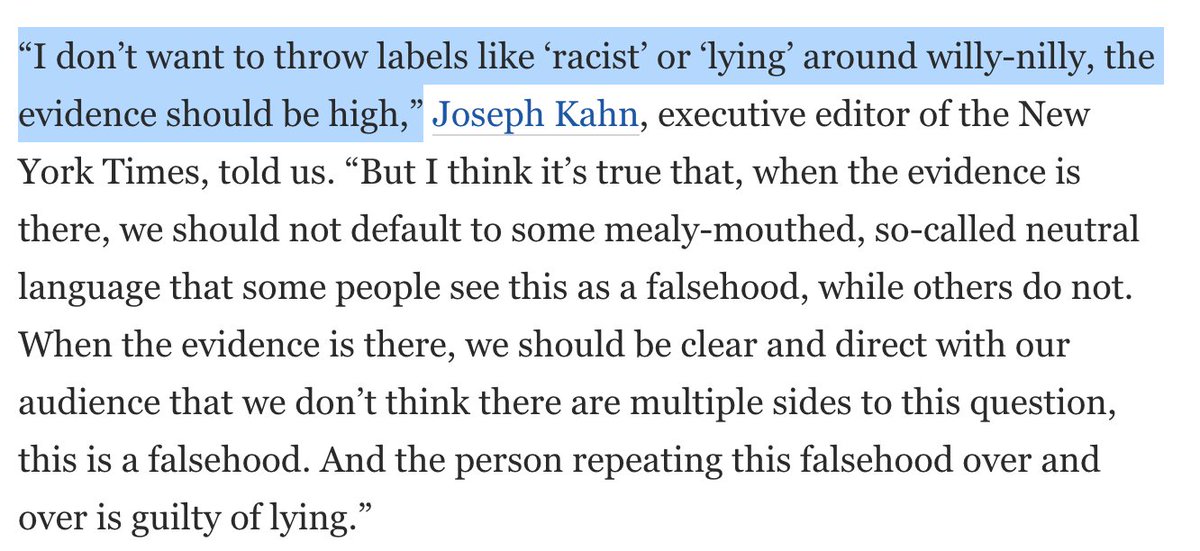
With the end of the division of labour being based on sex, men & women became more likely to meet each other in situations in which they're competitors for jobs, contracts etc.
This has likely increased mistrust & suspicion between the sexes.
1/
This has likely increased mistrust & suspicion between the sexes.
1/
In this context some men came to see not only women's labour, but also women as commodities, & some women celebrated this.
Some women also realised they could weaponise their femininity against men for commercial gain, hence some of the more spurious #MeToo claims etc.
2/
Some women also realised they could weaponise their femininity against men for commercial gain, hence some of the more spurious #MeToo claims etc.
2/
The erosion of widely accepted gender roles, whilst it may have been sold as 'liberation', may have just propelled us into a less free, spiritually & socially stifling world of mutual resentment & suspicion. Imprisonment in liberatory chaos if you will.
3/
3/
Perhaps the thing from which we've been liberated is the complementarity of the sexes, so we're now imprisoned in an ideologically fuelled battle of the sexes. A heartbreaking result of a neo-Marxist/neoliberal attempt to create the homogenised New (Wo)Man. Sexually essenceless.
• • •
Missing some Tweet in this thread? You can try to
force a refresh







